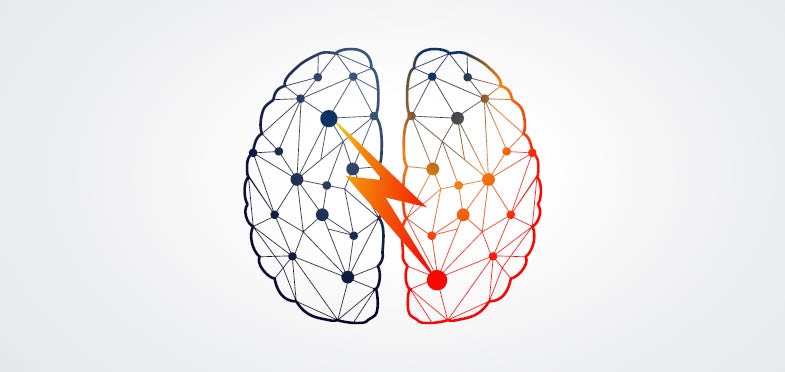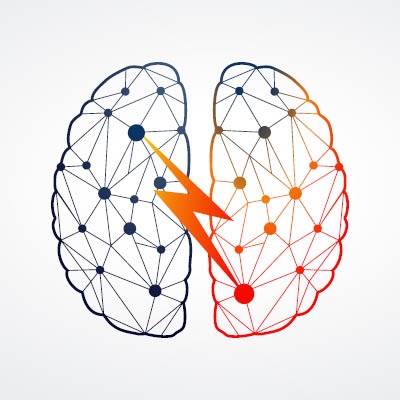
Would you be able to recognise the signs of an epilepsy attack?
Epilepsy affects about one in every 100 people in South Africa. It is not a disease, illness, psychiatric disorder or a mental illness. Nor is it infectious or contagious. It's however, a symptom of a neurological disorder, and is characterised by unusual electrical activity in the brain, which manifests as seizures.
Anyone can be affected by epilepsy regardless of gender, age and race.
Triggers
- Stress.
- Sleep deprivation.
- Poor diet.
- Alcohol or drug abuse.
- Not taking epilepsy medication.
- Flashing lights or bright patterns.
- Menstruation and pregnancy in women.
Recognise the signs
Generalised seizures occur when the excessive electrical activity in the brain encompasses the entire organ.
- Generalised tonic clonic seizures: the person may shout, stiffen and/or fall to the ground. There's rhythmic tightening and relaxation of the muscles and the person may turn blue around their mouth due to the lack of oxygen. They may make strange noises, salivate and be incontinent. They will lose consciousness during the seizure.
- Absence seizures: often mistaken for daydreaming, this involves blank staring and failure to respond with possible twitching, chewing, and blinking of the eyelids. There’s brief loss of consciousness.
- Myoclonic seizures: brief, involuntary muscle jerks. Single or multiple jerks can take place as well as jerking of different bodily parts.
- Tonic seizures: general stiffening of the muscles without jerking occurs. The person may lose consciousness and fall heavily.
- Atonic seizures: also known as “drop attacks”, there is a sudden loss of all muscle tone, causing the person to go limp, lose consciousness and fall to the ground.
Partial seizures occur when the excessive electrical activity in the brain is limited to one area.
- Simple partial seizures: consciousness is not lost or affected. The person may experience an altered sense of perception, and spontaneous symptoms such as tingling, dizziness and flashing lights. There may be numbness or jerking in one limb or down one side of the body.
- Complex partial seizures: a change or loss of consciousness or awareness. The person may stare into space and display abnormal behaviour or movements, such as disorientation, lip smacking, or wander around aimlessly.
Help at hand
- Keep yourself out of harm’s way if the person is writhing around. Never try to restrain or restrict their movements.
- Clear the space around the person. Make sure there's nothing nearby that could harm the person. Cushion their head to protect them.
- Loosen tight-fitting clothing or neck-wear and remove their glasses.
- Wipe away excess saliva to help the person breathe. Don't put anything between the person’s teeth or in their mouth during the seizure. Take note of the time in which the seizure took place and how long it lasts.
- Once the seizure has stopped, place the person in the recovery position, i.e. on their side, top leg bent, bottom arm extended slightly. Turn their head to open their airways and make sure they are breathing normally. Stay with the person until they have recovered. Don't give them food or medication until they're fully alert. Allow the person to rest. Sleep is necessary after a seizure.
- If the person has been injured or the seizure lasts longer than six minutes, or if the person has repeated seizures without recovering, call a doctor or an ambulance immediately.

Self care
- Try not to worry or stress about having a seizure. This anxiety may trigger seizures.
- Get to know your condition and educate others, especially your family and friends, and those you work and live with. Teach them the correct way to handle a seizure in case they are with you when you have one.
- Wear a medical alert bracelet at all times to let others know about your condition.
- Join an epilepsy support group and mingle with others who understand what you're going through.
- Always take your medication as prescribed. Never adjust your dosage or change your medication before discussing it with your doctor.





 Publications
Publications
 Partners
Partners











